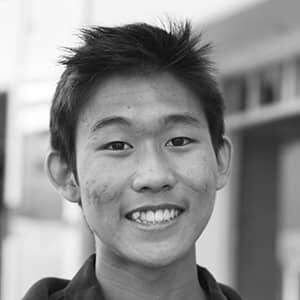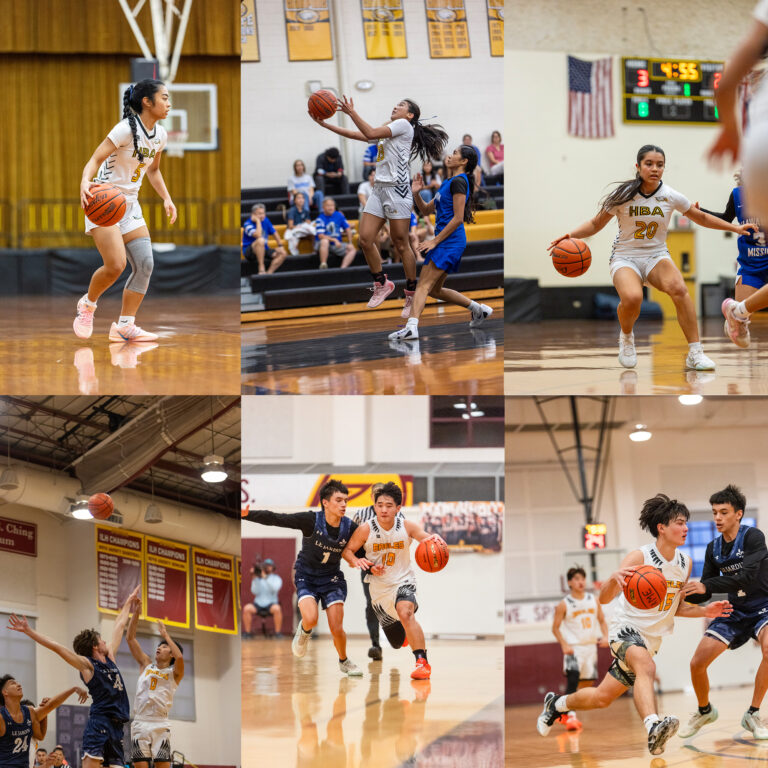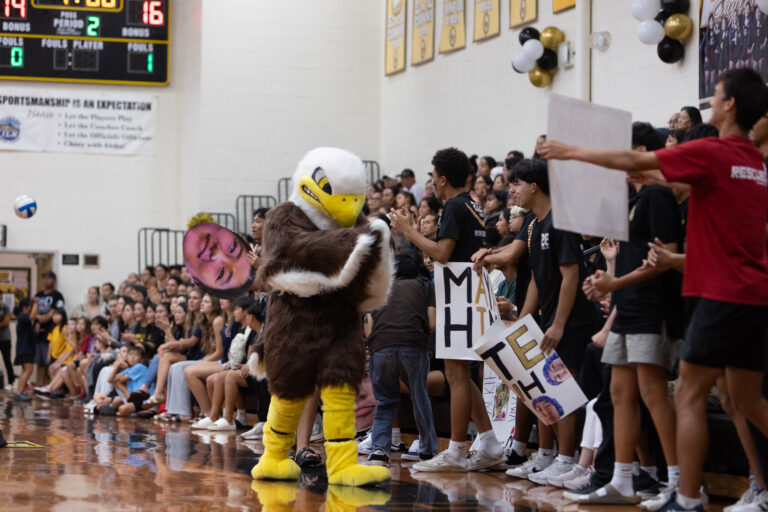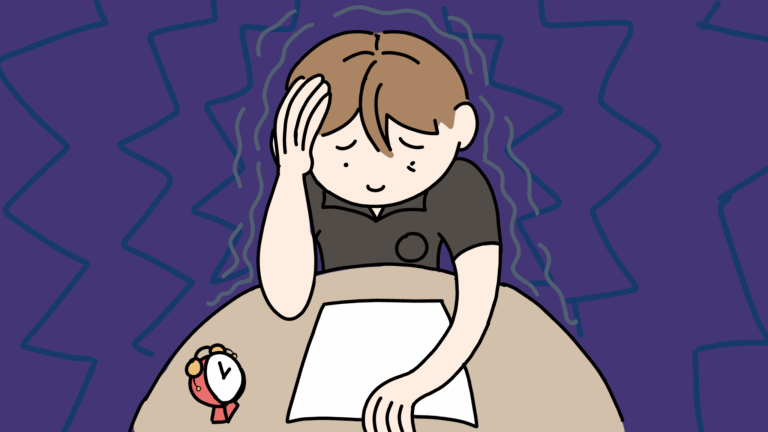The power to vote for the student council gives students the ability to choose who they want to be their leaders.
Everyone is entitled to their own opinions and there are many factors that influence students’ votes. These factors can range from the grade level of the candidate, the candidate’s actual speech, to the favors candidates give out.
Here is my analysis of the candidates’ speeches for this year’s elections.
Both Sophomore Isabel Wiemken (Treasurer) and junior Sydney Lau (Recording Secretary) ran unopposed. Without opposition, both speeches were awkward because the candidates had no need to convince voters to pick them instead of another candidate. Their speeches were also concise and general; Wiemken said that her main goal “is to maintain a comfortable high school experience for everyone,” which, to me, is a basic goal that any serious candidate should have. Lau’s main points were to make students more aware of school events and to create an invitation for anyone who has any possible ideas. “I will do my best to fight for what you want,” she said.
An unopposed candidate is a rather unfortunate conundrum because students aren’t able to make a choice between two candidates. When this happens, I think that the deadline for students to declare their candidacy should be extended to allow last minute candidates to step up.
Freshman Alyssa Futa ran for corresponding secretary against junior Rylie Sumimoto. When Alyssa presented her speech, I was impressed at her level of composure. It seemed almost effortless. Her speech was convincing; she detailed her past experiences and had good points as to what she wanted to bring to the council: “More all-school socials…and students to have more of a voice…”
Grinder versus Kishaba was probably the toughest vote for many students as they both belong to the same grade.
However, Futa did not have Sumimoto’s previous experience as vice president of her class council, which Sumimoto made sure to mention in her speech. Also, Sumimoto’s idea to directly contact students through email or text about Spirit shirts, all-school homerooms, and other important announcements was creative and appealing, as many students would love to know when they don’t have to wear their school uniforms. Sumimoto also had more energy and passion in her tone compared to Futa’s more calm and collected tone. While I advocate underclassmen to run for candidacy, Sumimoto’s experience and seniority definitely worked in her favor because they demonstrated prior involvement in the school and awareness of how things work.
2013-14 Student Council Recording Secretary Malia Grinder, a junior, ran against fellow classmate Joshua Kishaba for vice president. Compared to Kishaba, Grinder had a lot more direct ideas and experience leading in a high school environment. Kishaba went for an unconventional speech that did not address specific ideas but emphasized his passion and hopes for the school, and his desire for students to share in that passion. Grinder versus Kishaba was probably the toughest vote for many students as they both belong to the same grade. That meant that their election speeches played a big role in voters’ decisions. While Grinder’s speech was more conventional, logical, and focused, Kishaba was unconventional, emotional, and humorous. Although Grinder lost, she spelled out a clearer vision and had the right experiences to make an efficient council member. However, I definitely do not doubt Kishaba’s ability to lead the school; I believe his passion will help drive the council to make good decisions.
Lastly, junior Christian Chee ran against sophomore Jantzen Nakai for president. Chee had a lot of good points, and his vision for the next school year was very clear. However, the biggest flaw in his speech was the length. From the time he picked up the microphone, which was a brilliant move, to the time he put it down, his speech clocked in just under six minutes, which was almost three times the length of other candidates’ speeches. His speech had a lot of extraneous details. If Chee had made his speech and ideas more concise, he could have had a closer shot at winning. Also, Chee fell back into some awkward pauses in the middle of sentences, and the pacing of his speech could have been better. He did not use the brilliant move of taking out the microphone to its full potential, and the delivery of his speech set him back even if his points were good.
If Chee had made his speech and ideas more concise, he could have had a closer shot at winning.
On the other hand, Nakai’s speech was concise. He managed to skillfully incorporate his past experiences and qualifications, and still displayed a clear vision for the next school year. Although he lacked Chee’s passion, Nakai made clear and appealing points and goals. One notable goal was “to once again allow students to use their phones during break or lunch.” In reality however, as student council president, he would actually have no more power than an ordinary student to change the existing cell phone policy because the decision is made at the administrative level, not at a study body level. However, I think this was probably what convinced underclassmen and upcoming freshmen to vote for him as they do not fully understand how policies are made. It is similar to the incident that occurred with the 2012-2013 Student Council President Joey Brown. In his campaign speech, Brown promised the installation of a new water fountain for students to use; however, he was unable to fulfill his goal, and many students were disappointed. I hope that the same outcome does not happen to Nakai. I see a lot of potential in him, which has already shown through his outstanding work in his class council. He is deserving of the role of president and capable of fulfilling his leadership role.







